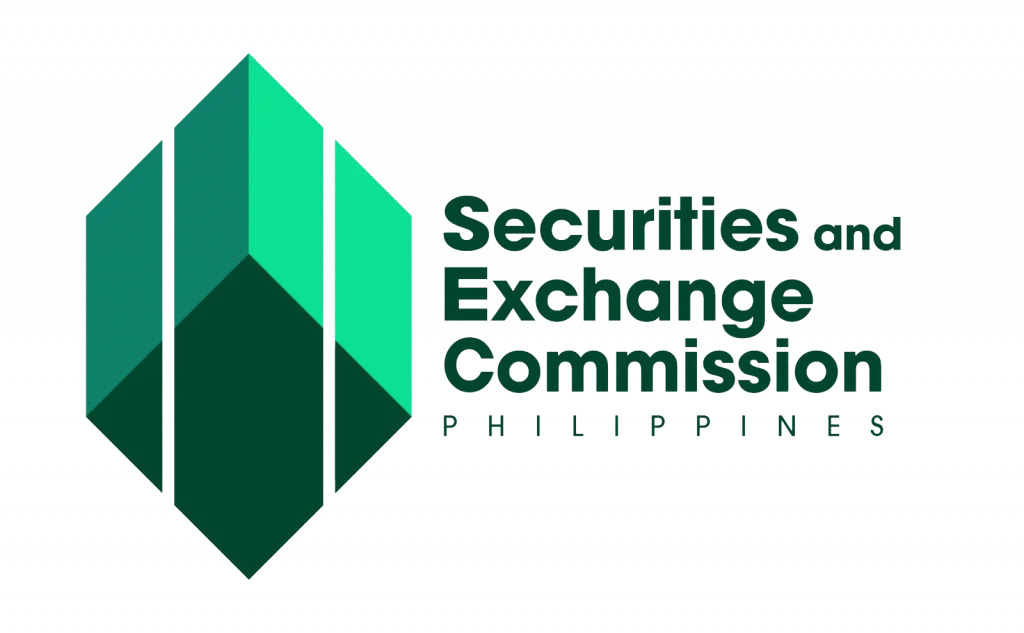The world of cryptocurrencies is constantly evolving, and it can be challenging to keep up with all the latest developments and updates. In this article, we will take a closer look at the state of cryptocurrency exchanges in the Philippines, including the regulatory landscape and the risks of using unregistered crypto exchanges.
The Philippine Securities and Exchange Commission (SEC) Issues Warning Against Unauthorized Exchanges
The Philippine Securities and Exchange Commission (SEC) has issued a cautionary notice warning the public not to conduct business with unauthorized and unregulated cryptocurrency exchanges that are believed to be operating in the country. This warning comes in the wake of the recent collapse of a large international cryptocurrency exchange, which is believed to be the bitcoin exchange FTX.
According to the SEC, some of these unregistered exchanges are targeting Filipinos through online advertisements on social media and enabling them to enroll, create, or license client accounts through online methods. These exchanges, which offer a range of potentially deceptive products and schemes, are operating illegally in the Philippines and should be avoided.
The SEC has listed a number of services and platforms that unregistered cryptocurrency exchanges may offer, including the sale of unlicensed cryptocurrencies, the conversion of one cryptocurrency to another, the enabling of unregistered coin or token offerings, cryptocurrency savings with guaranteed returns, crypto-loans, cryptocurrency derivatives and futures contracts, tokenized shares of stocks, and educational platforms.
In order to balance the potential risks associated with digital assets and the rapidly growing cryptocurrency industry, the Philippine central bank has imposed a three-year freeze on new virtual asset service provider (VASP) licenses. The SEC has also issued a "Advise against Dealing with Non-Registered Foreign Entities, Organizations, and Corporations" to reaffirm its vigilance in this area.
The Importance of Registration and Regulation in the Philippine Cryptocurrency Market
It is important for investors and borrowers in the Philippines to be aware of these unregistered and potentially fraudulent exchanges, and to only conduct business with registered and regulated companies. The SEC is responsible for registering and regulating more than 600,000 active corporations in the country, and also assesses the financial statements of all businesses registered with it. In order to operate legally in the Philippines, a company must be registered with the SEC in accordance with Philippine legislation.
In addition to being registered with the SEC, Philippine lending companies must also be approved by the agency in order to operate legally. These companies are only permitted to issue loans from their own capital funds or from funds generated from no more than 19 persons, according to Philippine lending rules.
The SEC serves as both the registrant and the regulator of the Philippine corporate sector, and is an essential part of the Philippine financial system and economy. The capital market is also an important element of this system, and the SEC promotes and regulates it as well.
The Risks of Using Unregistered Cryptocurrency Exchanges
By using unregistered exchanges, individuals and companies may be unknowingly participating in illegal activities, which could have serious consequences. Unauthorized exchanges may offer a variety of elevated and occasionally deceptive products and schemes, and can potentially put investors and borrowers at risk.
It is essential for individuals and companies in the Philippines to be cautious when it comes to cryptocurrency exchanges and to only conduct business with trusted and regulated entities. The SEC is working to ensure the safety and integrity of the Philippine financial system and economy, and encourages the public to report any suspicious or illegal activities related to cryptocurrency exchanges.
The Regulatory Landscape in the Philippines
In order to balance the potential risks associated with digital assets and the rapidly growing cryptocurrency industry, the Philippine central bank has imposed a three-year freeze on new virtual asset service provider (VASP) licenses. This freeze allows the regulatory authorities to assess the risks and benefits of the cryptocurrency industry, and to determine the best course of action for protecting investors and consumers.
The SEC is also actively working to educate the public about the risks associated with unregistered exchanges, and has issued a "Advise against Dealing with Non-Registered Foreign Entities, Organizations, and Corporations" to reaffirm its vigilance in this area.
Overall, the regulatory authorities in the Philippines are taking a proactive approach to the cryptocurrency market, and are working to ensure that it is safe and transparent for investors and borrowers.
Conclusion
The Philippine cryptocurrency market is an exciting and growing one, but it is important to be cautious and to only conduct business with trusted and regulated exchanges. By following the guidance of the regulatory authorities and being aware of the potential risks, investors and borrowers in the Philippines can safely and confidently participate in the world of cryptocurrencies.
Overall, it is important to stay up to date with the latest developments in the world of cryptocurrencies, but it is equally important to be aware of the risks associated with unregistered exchanges and to only conduct business with trusted and regulated entities. By following this advice, investors and borrowers in the Philippines can protect themselves and ensure that they are participating in a safe and transparent market.








0 Comments